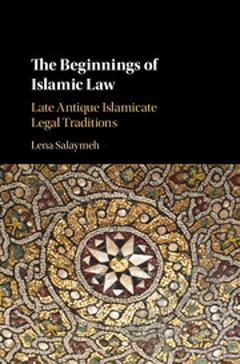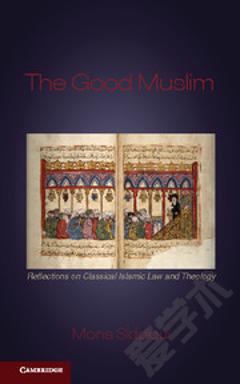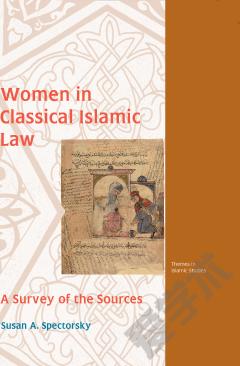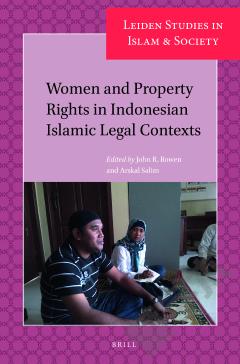The Logic of Law Making in Islam: Women and Prayer in the Legal Tradition
This pioneering study examines the process of reasoning in Islamic law. Some of the key questions addressed here include whether sacred law operates differently from secular law, why laws change or stay the same and how different cultural and historical settings impact the development of legal rulings. In order to explore these questions, the author examines the decisions of thirty jurists from the largest legal tradition in Islam: the Hanafi school of law. He traces their rulings on the question of women and communal prayer across a very broad period of time - from the eighth to the eighteenth century - to demonstrate how jurists interpreted the law and reconciled their decisions with the scripture and the sayings of the Prophet. The result is a fascinating overview of how Islamic law has evolved and the thinking behind individual rulings.
{{comment.content}}








 京公网安备 11010802027623号
京公网安备 11010802027623号